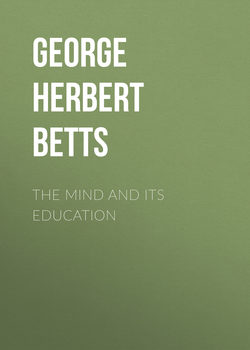Читать книгу The Mind and Its Education - George Herbert Betts - Страница 28
CHAPTER IV
5. PROBLEMS FOR INTROSPECTION AND OBSERVATION
Оглавление1. Estimate the mental progress made by the child during the first five years and compare with that made during the second five years of its life. To do this make a list, so far as you are able, of the acquisitions of each period. What do you conclude as to the importance of play and freedom in early education? Why not continue this method instead of sending the child to school?
2. Which has the better opportunity for sensory training, the city child or the country child? For social training? For motor development through play? It is said by specialists that country children are not as good players as city children. Why should this be the case?
3. Observe carefully some group of children for evidences of lack of sensory training (Interest in sensory objects, skill in observation, etc.). For lack of motor training (Failure in motor control, awkwardness, lack of skill in play, etc.). Do you find that general mental ability seems to be correlated with sensory and motor ability, or not?
4. What sensory training can be had from (1) geography, (2) agriculture, (3) arithmetic, (4) drawing? What lines of motor training ought the school to afford, (1) in general, (2) for the hand, (3) in the grace and poise of carriage or bearing, (4) in any other line? Make observation tests of these points in one or more school rooms and report the results.
5. Describe what you think must be the type of mental life of Helen Keller. (Read "The World I Live In," by Helen Keller.)
6. Study groups of children for signs of deficiency in brain power from lack of nutrition. From fatigue. From worry. From lack of sleep.
